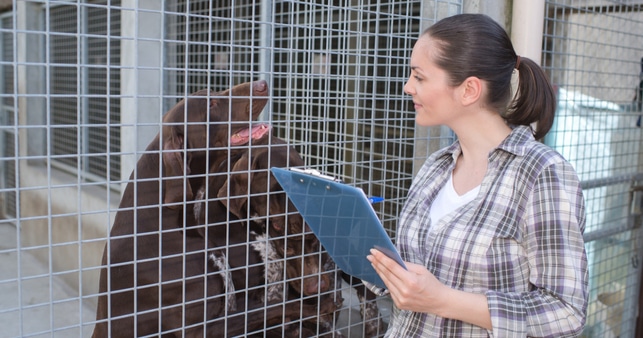
There has been an amendment to the Fair Work Act to protect workers, prospective workers and persons conducting or undertaking a business by prohibiting sexual harassment effective from 6 March 2023. This amendment is a part of the latest Industrial Relations (IR) Reforms. [1] Workplace sexual harassment was estimated to cost the Australian economy approximately $3.5 billion in 2018. Lost productivity at approximately $2.6 billion represented a large component of the estimated economic cost of workplace sexual harassment; with the largest share of this borne by employers and business owners.
The high degree of informality in small businesses often increases the risk of sexual harassment. It also increases the risk of potential informal and personal interactions, physical contact, and other forms of communication that can lead to unwanted advances. Small businesses lack the manpower and knowledge to handle sexual harassment complaints.
An industry-based approach can support employers in preventing workplace sexual harassment. Certain industries such as hospitality and building and construction have toxic cultures and environments that result in unwanted sexual advances or sexual harassment. [2] A recent report found that 60% of hospitality staff have experienced sexual harassment. 42% of the respondents said the abuse came from their managers or supervisors, indicating a darker side to the industry.
The new provisions mean that a person who experiences sexual harassment will be able to seek compensation and penalties through Fair Work Commission. Ms. Jane Preskett, Employsure’s Health and Safety Manager commented.” Sexual harassment has often been dismissed as a female problem. It is a societal and cultural problem. Workplace sexual harassment is a massive risk and shouldn’t be taken lightly. If employers have a sexual harassment policy in place, it can act as a prevention tool and protect their employees in case things go wrong.”
Ms. Preskett further commented, “There are some key measures employers can take to ensure sexual harassment doesn’t happen in their workplaces. Firstly, enforce zero-tolerance. Develop a zero-tolerance approach to sexual harassment in the company policies and procedures, and then articulate it to all existing and current employees. Secondly, train your staff. Training will help employees retain information and speak up to report incidents. Employers should also provide a safe and confidential channel where employees can complain.”
Thirdly, investigate all claims. Any claim of sexual harassment should be investigated, even if it happened outside of work hours and the workplace. It is up to the victim whether they consider an incident as a form of sexual harassment, and employers should investigate them even if they find the accusations personally offensive.
[1] New sexual harassment bill passes Parliament – Inside Retail
[2] Report: 60% of hospitality workers experience harassment, bullying (smartcompany.com.au)



